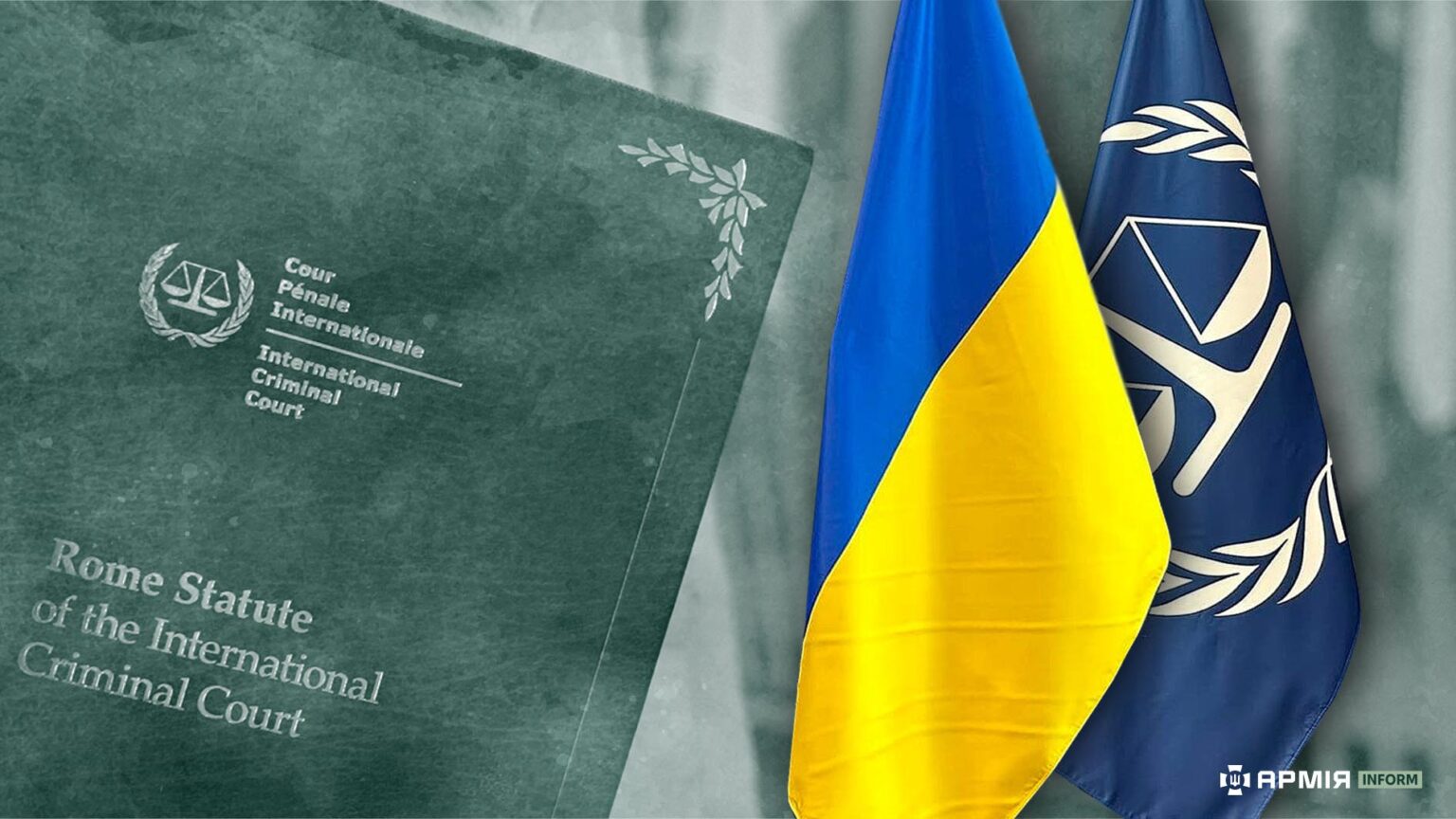The process of ratification of the Rome Statute has once again raised a wave of discussion. As there are a lot of myths and fears associated with the document in the general public, experts of the Coalition "Ukraine. Five in the Morning" Coalition, Gunduz Mamedov (PhD in Law, Honoured Lawyer of Ukraine) and Nadiya Volkova (Director of the Ukrainian Legal Advisory Group), analysed the most popular counterarguments and found out whether the ratification of the Rome Statute is really dangerous for Ukraine. The lawyers presented their arguments in an article for Ukrainska Pravda.
Ukraine has recognised the jurisdiction of the International Criminal Court under Article 12(3). At that time, we asked to bring the military and political leadership of the Russian Federation to justice, so they did not touch our people. Won't they start doing so after ratification?
-
Justice is impartial. And a country that recognises the Court's jurisdiction - the power to investigate the most serious international crimes on its territory or against its citizens - can define the timeframe of such jurisdiction and the crimes it wants the Court to investigate. A state cannot limit the ICC to which party to a conflict it should investigate. This would be contrary to the fundamental principle of justice. The ICC investigates the most serious crimes in a given situation, regardless of the perpetrator's nationality or affiliation with a party to the conflict. This is the basis of the Court's objectivity.
Ratification will lead to the ICC demanding the extradition of our citizens, and we will be forced to do so. Is this true?
-
Ratification does not affect the focus of the ICC investigation and the decision to extradite a person. The Office of the ICC Prosecutor has been conducting investigations independently since 2022. A decision on an extradition request must be based on an arrest warrant for a specific person. Ratification does not change the scope of the Court's powers, nor does it affect the type of persons prosecuted by the Court. Therefore, the ratification will not require the ICC to extradite citizens.
Could the ICC become a tool for Russia and its allies to demand cases against the Ukrainian military?
-
It is worth starting with the fact that the ICC investigates only cases where there is a sufficient evidence base. After all, the Court's institutional capacity is simply not enough to cover the full scale of alleged crimes committed in the world and, in particular, in Ukraine. Therefore, the Court usually focuses on the military and political elite.
In addition, if Ukraine demonstrates that it is independently conducting proper, high-quality investigations of its citizens who have allegedly committed the most serious international crimes, the ICC will not intervene. On the contrary, it is interested in states doing this on their own in accordance with the principle of complementarity (Article 17 of the Rome Statute).
After the ratification of the Rome Statute, will the Ukrainian military be able to be tried in connection with the offensive in the Kursk region of the Russian Federation?
-
As noted above, the ICC investigates international crimes within a specific situation. And the nationality of the perpetrator or affiliation with a party to the conflict is irrelevant. Therefore, the only truly effective way to avoid prosecution by the ICC or national investigative bodies is to further implement and comply with international humanitarian law. Ukraine has already done much to this end and continues to do so. In addition, the offensive in Kursk demonstrates our significant differences from the enemy army. And the national justice system should deal with episodic violations, if they are detected.
"For many years, while supporting Ukraine's ratification of the Rome Statute, we have heard various arguments for and against it. However, most of the time, there is a lack of understanding of how this instrument works. We, the country in which the largest number of international crimes are committed in the world, must show responsibility in investigating them, because it is about justice and the interests of our citizens who have suffered as a result of Russian aggression. And ratification of the Rome Statute is an important element of this responsibility," the authors emphasise.



